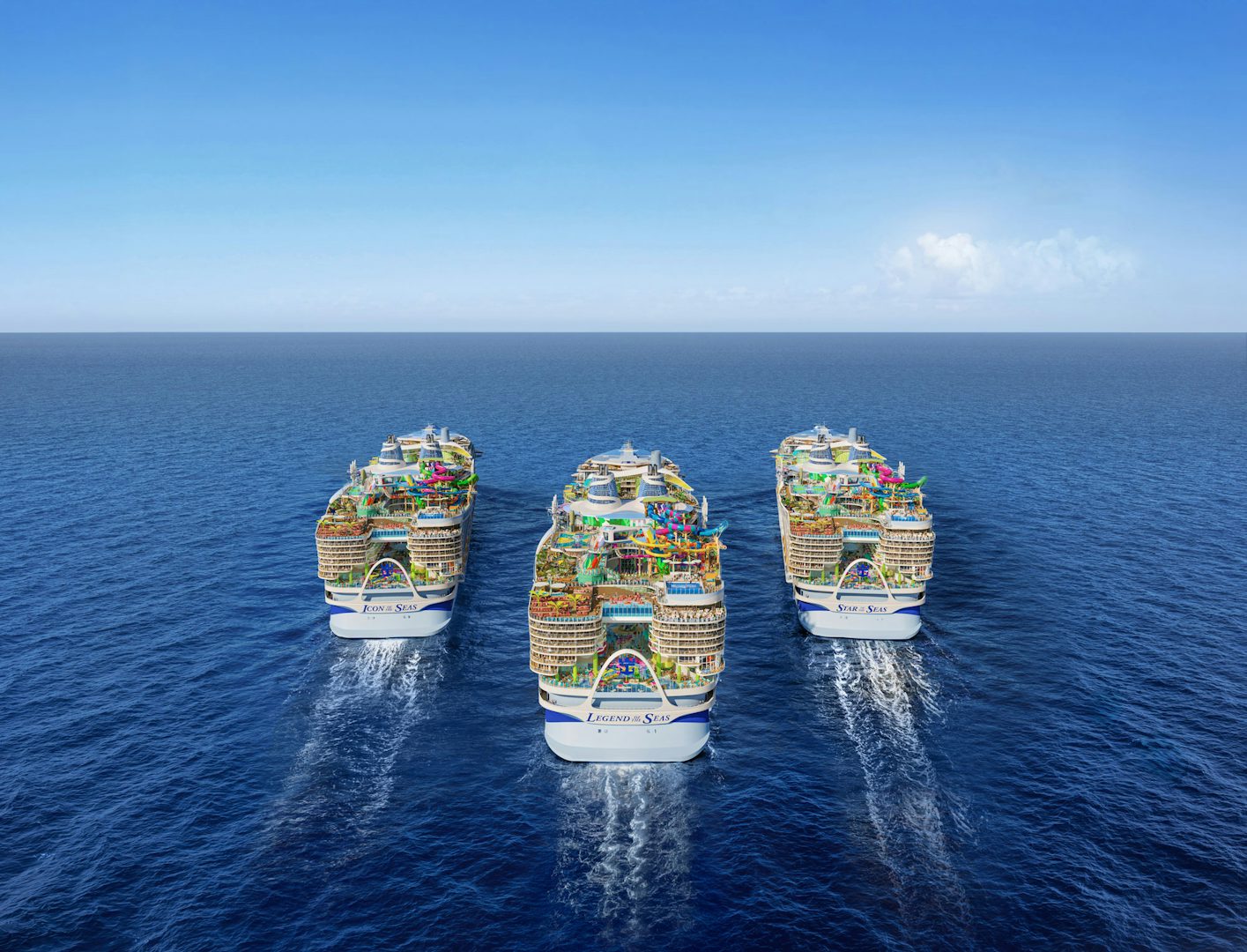Unpacking the cruise holiday renaissance
Cruise lines are enticing a new wave of Gen Z holidaymakers seeking out the ultimate all-inclusive experience – but the boom also raises a whole host of environmental questions
While the pandemic was a catalyst for all of us to reassess our relationship with travel, it couldn’t have been more of a PR disaster for cruises. When luxury cruise ship the Diamond Princess became the site of the largest coronavirus outbreak outside of mainland China in February 2020, the rest of the world watched in horror as 3,000 passengers were stranded at sea for two weeks and the liner was rebranded as a “floating petri-dish”.
Fast-forward to 2025, and the cruise industry is riding a huge wave of renewed popularity, thanks in part to a new and unexpected cruisegoer: Gen Z. While the average age of people booking cruises was 66 in 2019, this has since dropped sharply to 55, with Gen Z holidaymakers now making up 24% of all cruisegoers – over-indexing compared to their share of the total population.
Seyi Oduwole, foresight analyst at The Future Laboratory, puts this down to changing perceptions of what cruise lines traditionally offered versus now – from all-day buffets and 3pm bingo to sunrise yoga sessions and late-night DJ sets. “There’s been a major vibe shift when it comes to how younger generations see cruise holidays,” she says. “What used to be the go-to trip for retirees has now been rebranded as floating playgrounds packed with adventure, nightlife, wellness and the perfect way to culturally immerse yourself into multiple destinations on one trip.”




